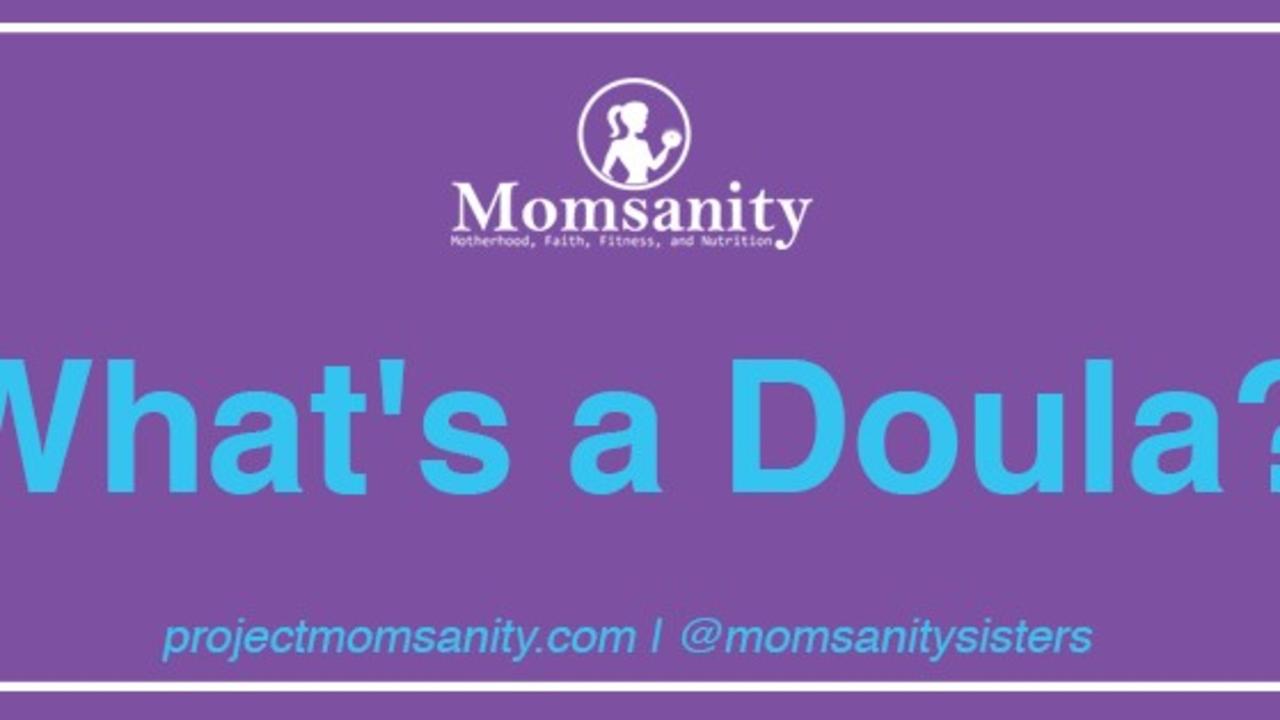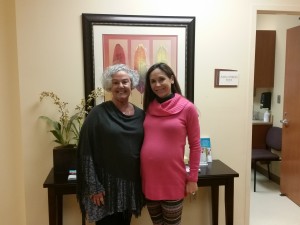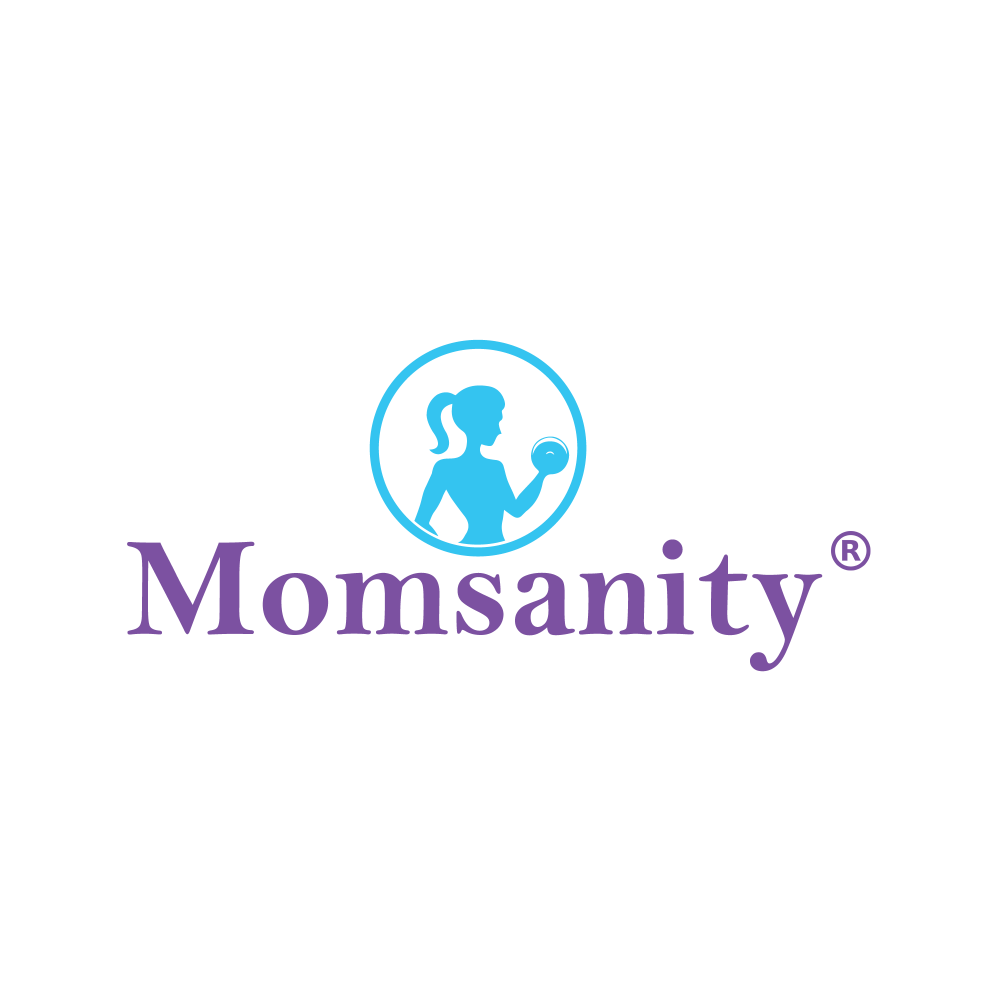What In the World is a Doula?
Mar 21, 2016

By Emily Saunders
“What in the world is a doula?”
I’ve heard that question far more than a handful of times throughout my pregnancies so it’s time to share the details!
I have the pleasure of working with a fantastic doula during both of my pregnancies and it is my pleasure to introduce to you, Kenny Shulman CD (DONA) to answer some of the many questions that I have heard from friends and our followers! First of all I want to share this beautiful video that Kenny made after Hutch’s recent birth. It’s just so beautiful!
Tell us a little about your background and why you decided to become a doula.
After seeing my son complete college and retiring from my own business of being an independent recruiter, I chose to follow my passions. Two of these passions are empowering women and giving back to my community. The doula program at the YWCA was my first avenue for helping young women find their own voice within the medical community. It also provided the opportunity for me to offer free services for teens, women without homes, and others who might be having difficult times. A third passion of mine is every aspect of developing a thriving business. And thus Triad Birth Doula was born. Actually being able to witness new families being born…priceless!
What do doulas do?
A birth doula provides physical, emotional, and informational support to the mother and her partner before, during, and just after birth.
Personally I provide the following services to my clients:
- I meet with Mom and family several times before labor, as well as communicate by phone and email, so as to become familiar and comfortable with each other; to explore and discuss priorities and any fears or concerns; to discuss and help you develop your birth plan; to learn how we might work best together. I also want to know your own best ways of coping with pain and fatigue and to definitely practice breathing, positions, and visualization.
- I usually go with my clients to a few care provider visits, especially towards the end of pregnancy. This gives me additional information so that I might best serve my clients.
- When labor begins my clients contact me via phone so I can answer questions and make suggestions over the phone. We also decide where to meet – at the clients home, the hospital, or the birth center. Except for extraordinary circumstances, I remain with my clients throughout labor and birth to continuously offer physical, emotional, and informational support.
- I typically stay with my clients until they are comfortable and/or the family is ready for time together. I can also assist with initial breastfeeding.
I then like to get together about a week or two after the client returns home to see how mom and baby are doing; to deliver a special letter and any pictures I may have taken, to review the experience with the family and of course to hold the baby.
What should a pregnant woman consider when deciding if a particular doula is right for her?
She and her partner need to feel a sense of connection and trust with the potential doula. This is one of the most important, and intimate, times in a couple’s life. They must feel comfortable with whom they are sharing. The woman also should feel nurtured and safe. Without these qualities, it is almost impossible to be an effective doula.
In addition, the couple should ask about her training and experience. References and certification, in my mind, are a must. If there are special circumstances, this should be covered, such as experience with a VBAC or hypertension. I’ve always thought a good question might be if she, the doula, has any preference in the type of birth or environment.
What issues or areas of concern do you most advocate for women and babies in your practice?
My clients probably wish they had a dollar for every time I said “It is your body, your baby, your choice.” And when a couple needs to make a choice, or a decision, it is my job to offer information so it can be an informed one. Most important, I wish every woman to know that no one has the right to doanything to her body, or her baby, without her consent. This belief of mine carries through to having an IV, eating during labor, wearing her own clothes, what and when medications are given to herself and to her baby, having her membranes stripped, help with breastfeeding, having a cesarean…the list can go on and on.

What type of training do doulas have?
First, I must say that in my opinion, a woman should not function as a doula without appropriate training and eventual certification. One of the main reasons for certification, other than proof of continuing education, is that it demands accountability. Then this translates into the fact that a couple always has recourse if they are not pleased with their doula. A DONA certified doula cannot do just anything she wants but rather she has a Standard of Practice and a Code of Ethics.
As to the specifics of training, I can only speak to my governing body, which is Doulas of North America, International (DONA), the largest and oldest of the doula organizations. There is a combination of various classes, required reading, written papers, attending qualified births, numerous medical and maternal evaluations, and then a final, in depth, review by DONA. Once certification is acquired, there is then the process of continuing education, birth attendance, and re-certification every three years.
Which areas do you feel are most lacking in “traditional” hospital births today?
Please know I am generalizing. The concept that the woman is giving birth rather than being ill; that she is an intelligent, thinking woman; that her maternal instincts are strong and valid, that she is the only master of her own body. In addition, I feel there is a lack of training, experience, and support in natural childbirth (to include waterbirths), in the skin-to-skin concept, in the “Family Centered” Cesarean, in “Kangaroo Care”. I know some areas of our country still need to work on supporting breastfeeding. And I am still very concerned about the “snowball” of interventions so many medical people wish to use.
What are some things that a woman should know about water births?
How and why it helps her and her baby; how and why it is safe for her and her baby; how and why it is not for every woman and every birth; that only midwives attend waterbirths; that many hospitals and care providers have not yet embraced waterbirths; that it is not equivalent to an epidural.
In your opinion why is “conventional” medicine so against water births?
My opinion (which, of course, doulas never have) …fear. Fear of liability. Fear of loss revenue. Fear of control.
If you’re interested in learning more about doulas and/or natural childbirth with limited intervention you can follow Kenny on Facebook Here.
Lorem ipsum dolor sit amet, consectetur adipiscing elit. Cras sed sapien quam. Sed dapibus est id enim facilisis, at posuere turpis adipiscing. Quisque sit amet dui dui.
Stay connected with news and updates!
Join our mailing list to receive the latest news and updates from our team.
Don't worry, your information will not be shared.
We hate SPAM. We will never sell your information, for any reason.

